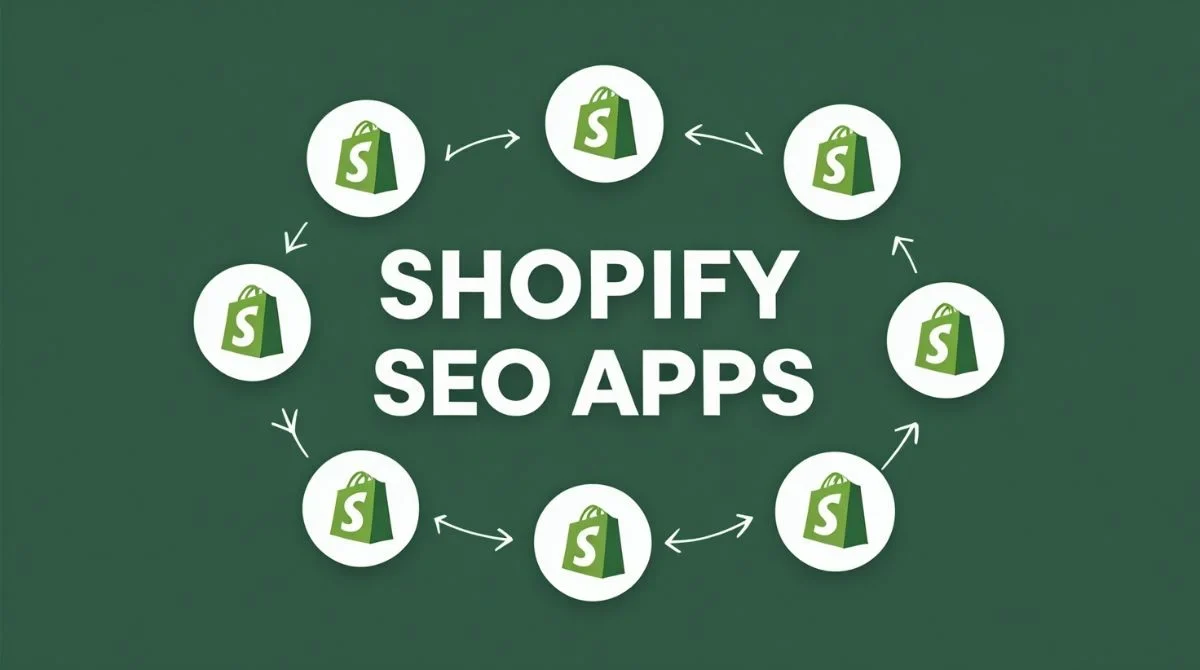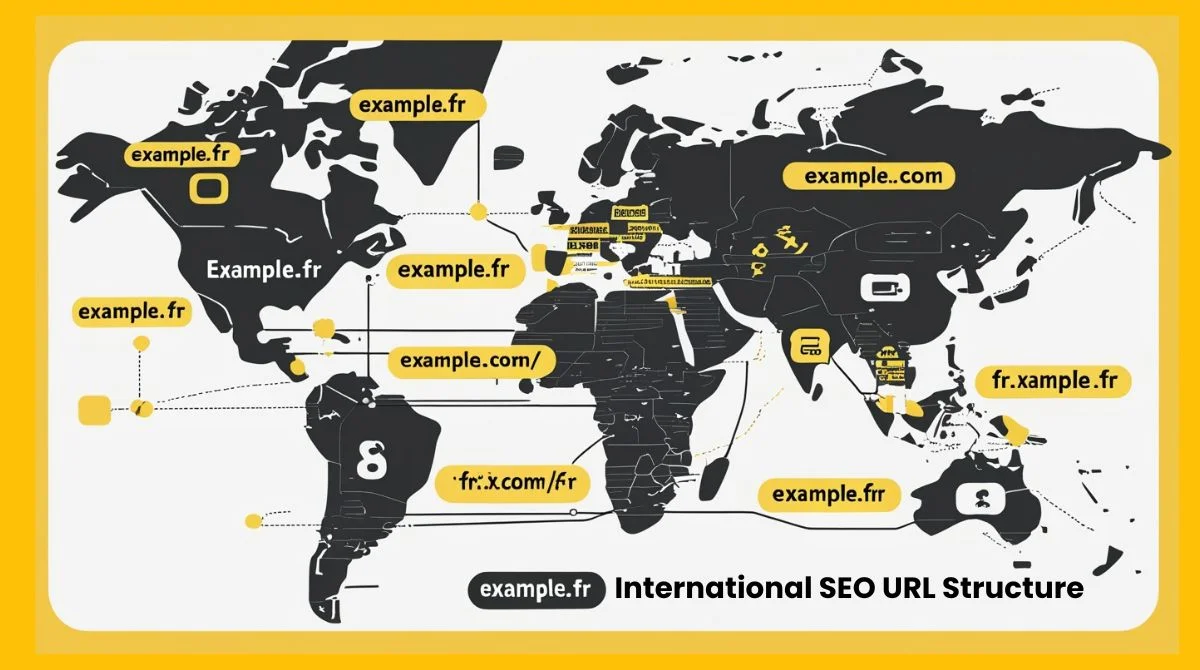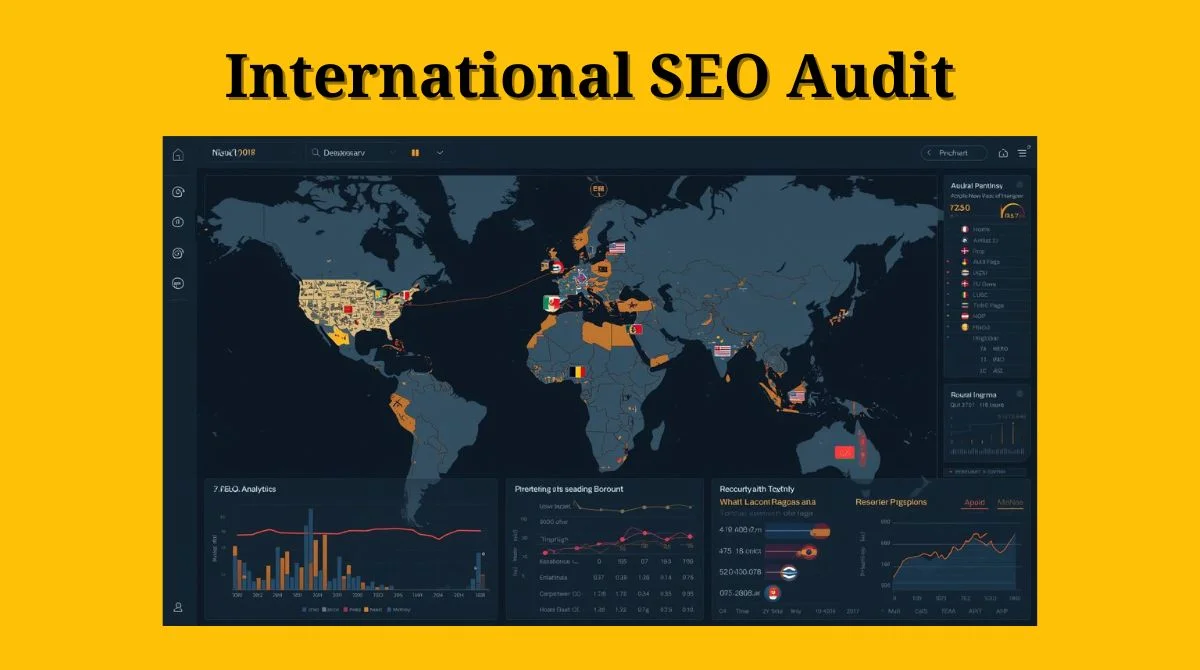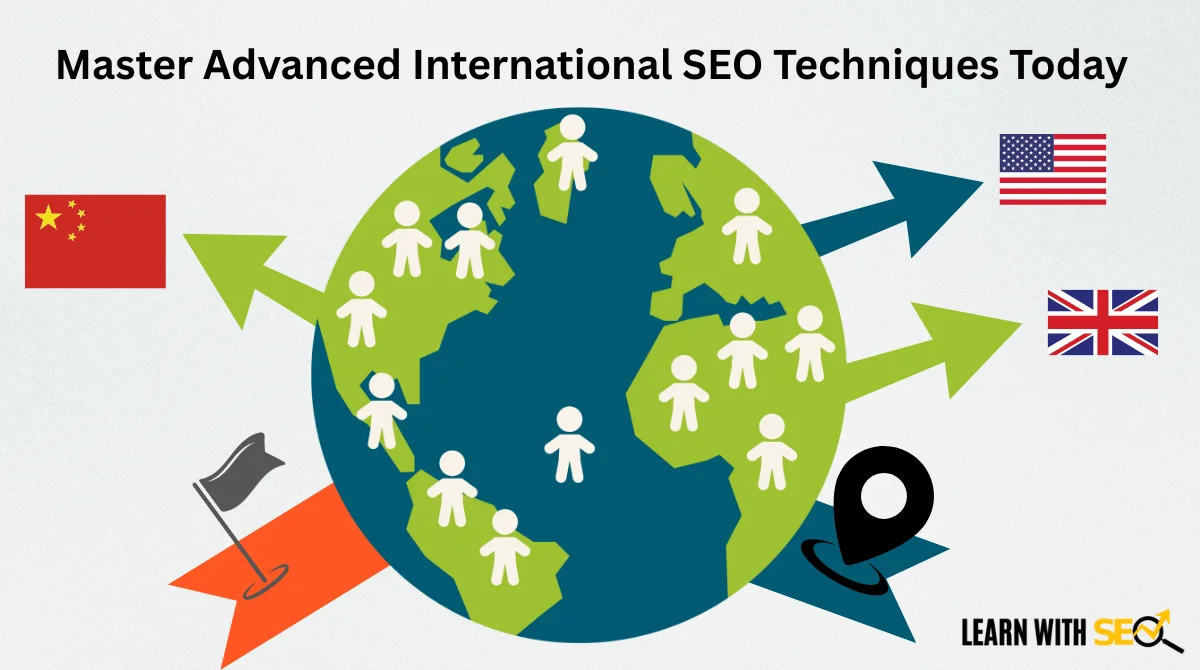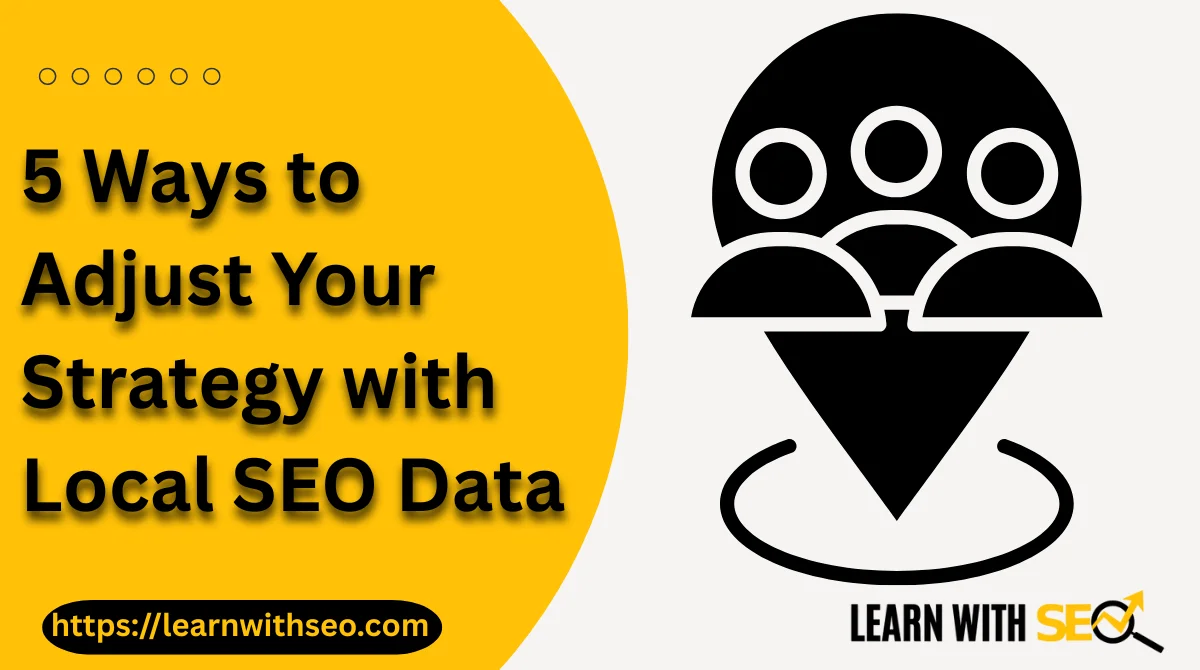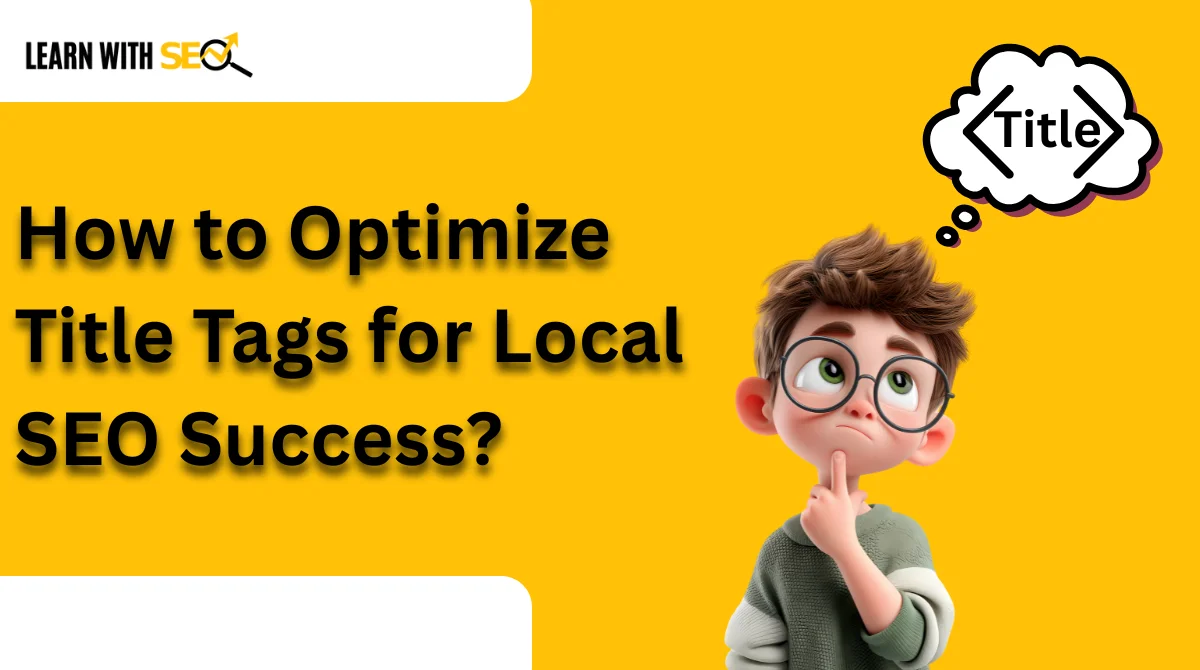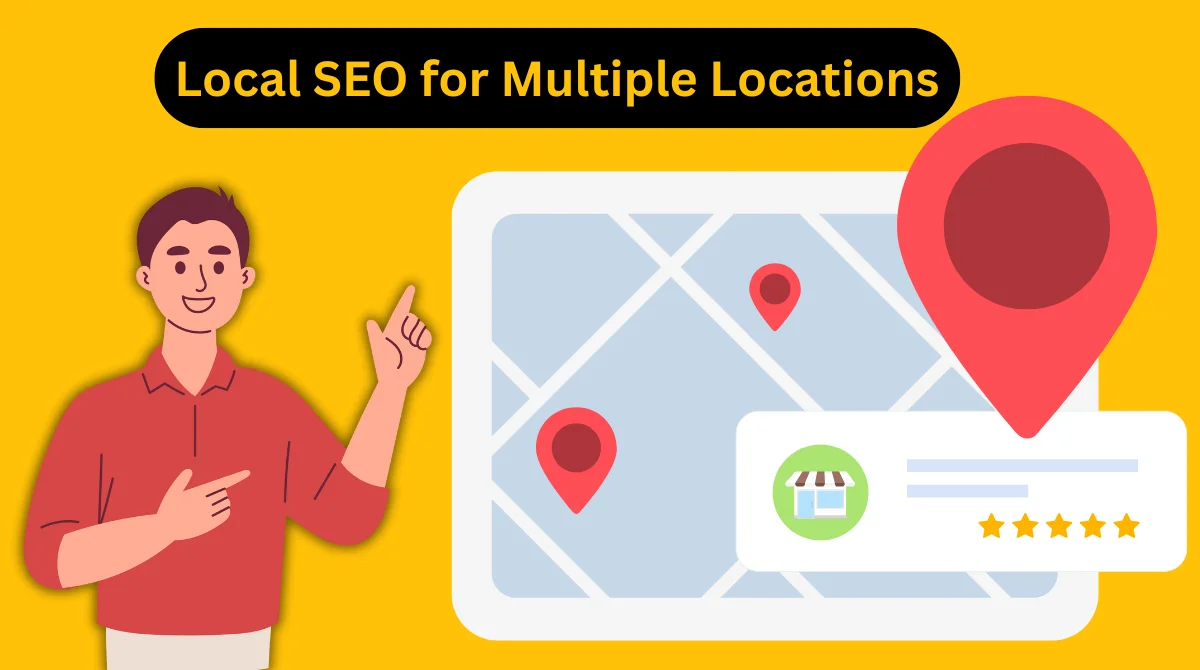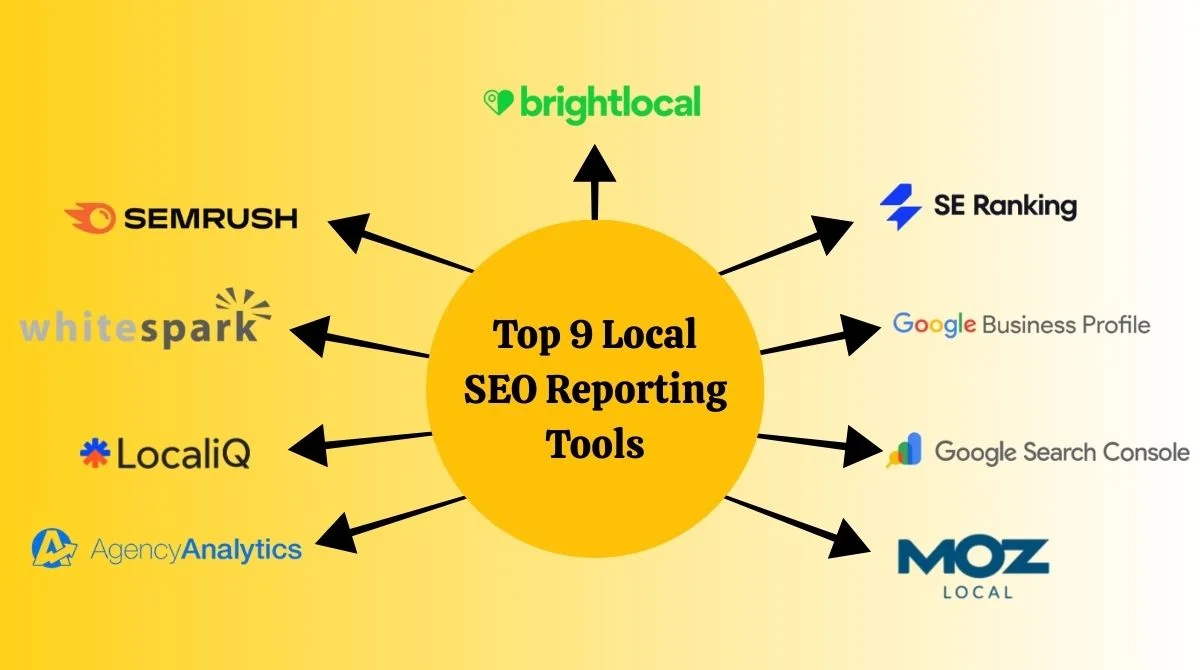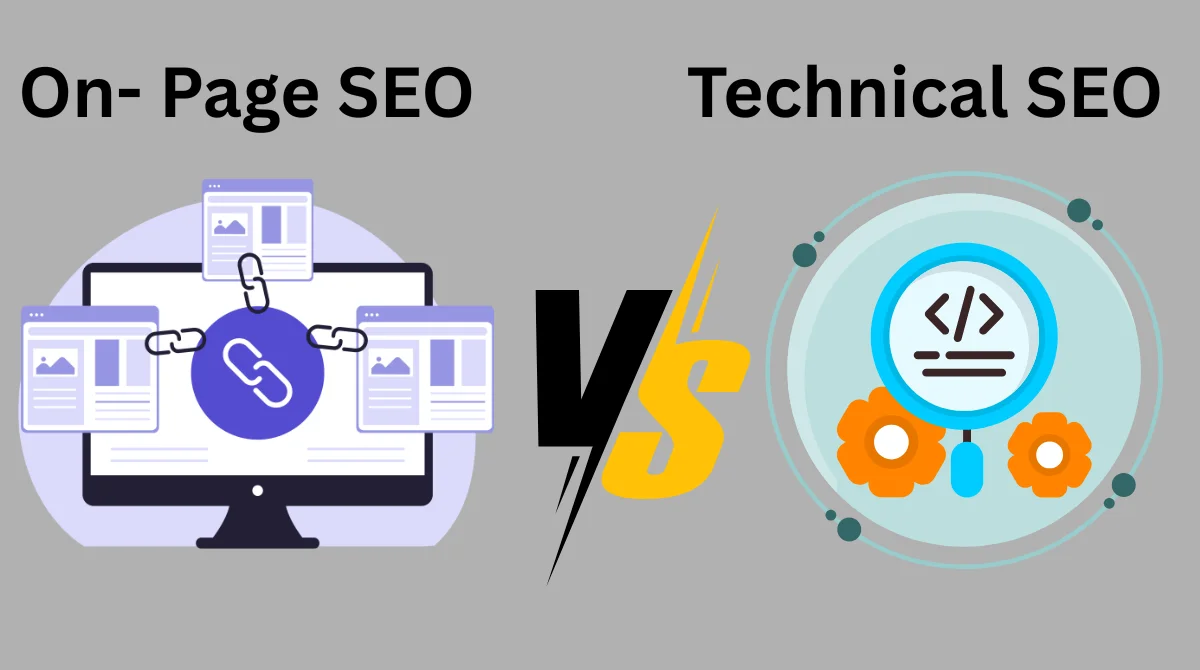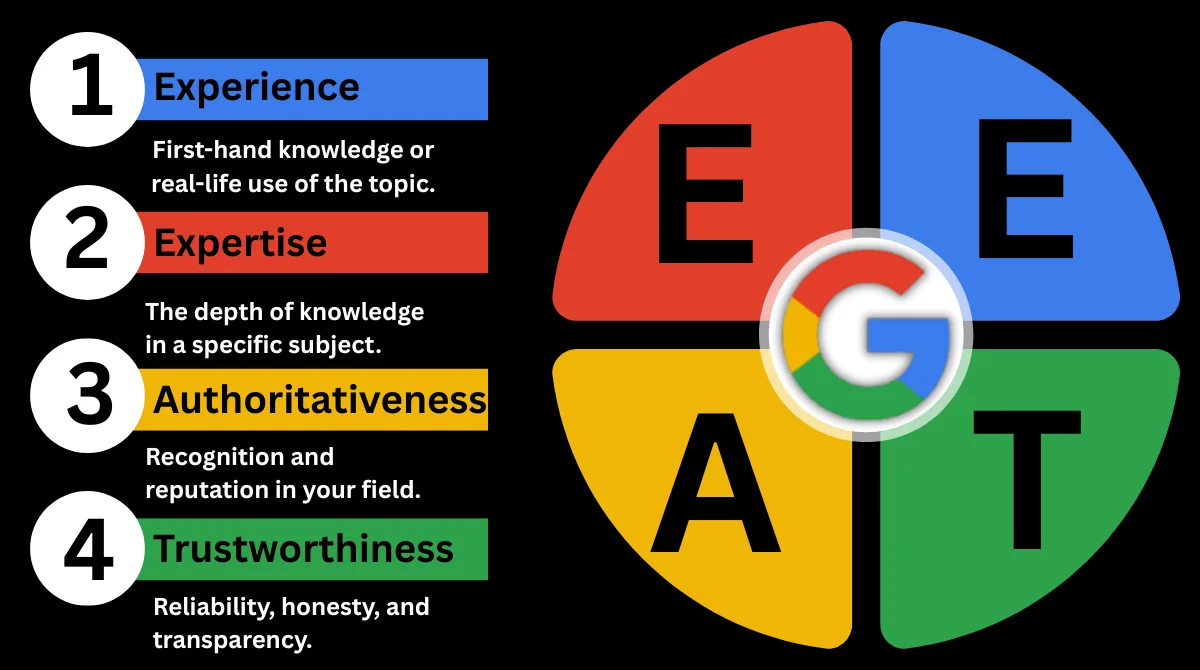Running a successful Shopify store requires more than just great products. You need visibility in search engines to drive organic traffic and boost sales. The right SEO apps can transform your store’s search performance.
Finding the best SEO apps for Shopify can be overwhelming with hundreds of options available. This guide breaks down the top-performing apps that deliver real results for store owners in 2025.
Why Do You Need SEO Apps for Your Shopify Store?
Shopify’s built-in SEO features are basic. They cover fundamental needs but lack advanced optimization tools that modern e-commerce demands.
SEO apps fill these gaps by providing automated optimization, technical fixes, and advanced features. They save time while improving your store’s search engine performance significantly.
Most successful Shopify stores use multiple SEO apps working together. This approach covers all aspects of search optimization from technical SEO to content optimization.
Top Best SEO Apps for Shopify in 2025
1. TinyIMG SEO & Image Optimizer
TinyIMG is an all-in-one SEO tool for Shopify that simplifies image optimization by automatically compressing every new picture you upload. This app consistently ranks among the top choices for Shopify merchants.
Key Features:
- Automatic image compression and optimization.
- Alt text optimization for better accessibility.
- JSON-LD structured data implementation.
- 404 error detection and redirect management.
- Page speed optimization tools.
- SEO auditing capabilities.
Pricing: Starts with a free plan for 50 images, paid plans from $4.99/month
Why It’s Great: TinyIMG combines multiple SEO functions in one app. Merchants praise its user-friendly interface, easy setup, and automation settings. The app handles technical SEO tasks automatically, saving store owners significant time.
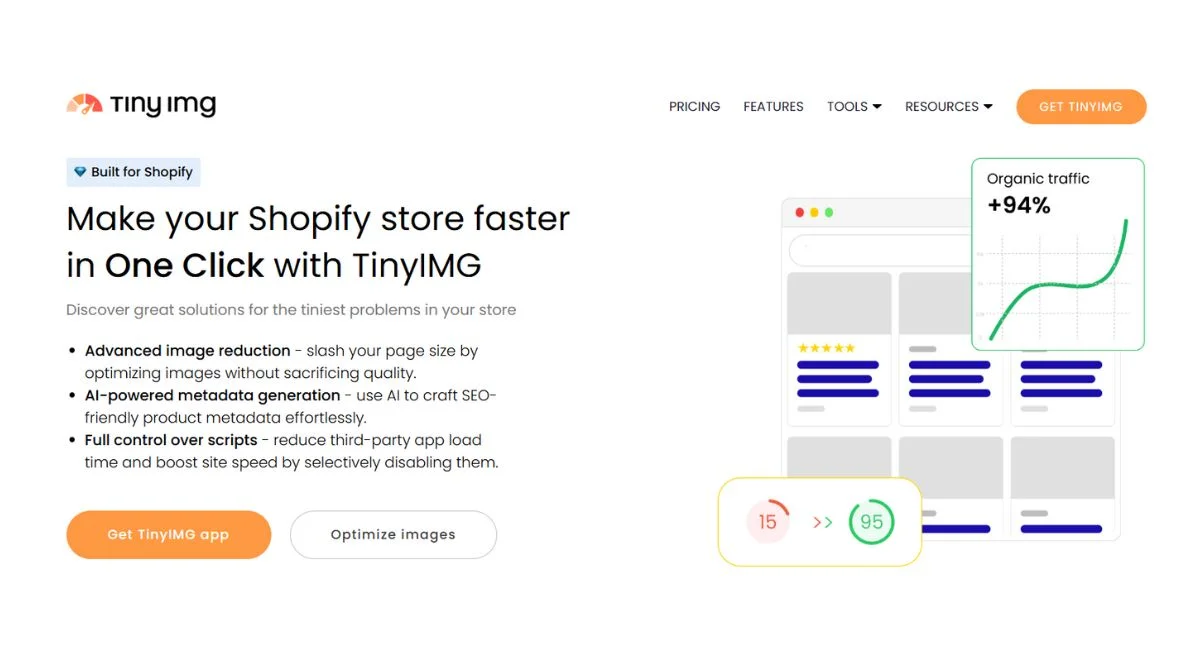
2. SEO Booster – SEO Marketing
Booster SEO is one of the top Shopify SEO apps because it’s a great way to stay visible on Google result pages with less manual work. The app uses AI to continuously monitor and fix SEO issues.
Key Features:
- AI-powered SEO automation.
- Bulk image compression engine.
- Meta tags optimization.
- Broken link detection.
- SEO score tracking for all pages.
- AutoPilot feature for hands-off optimization.
Pricing: Free plan available, premium plans start at $34.95/month
Why It’s Popular: SEO Booster is a popular Shopify SEO app with over 4k reviews, most of which are from satisfied clients. The AI automation reduces manual work significantly.
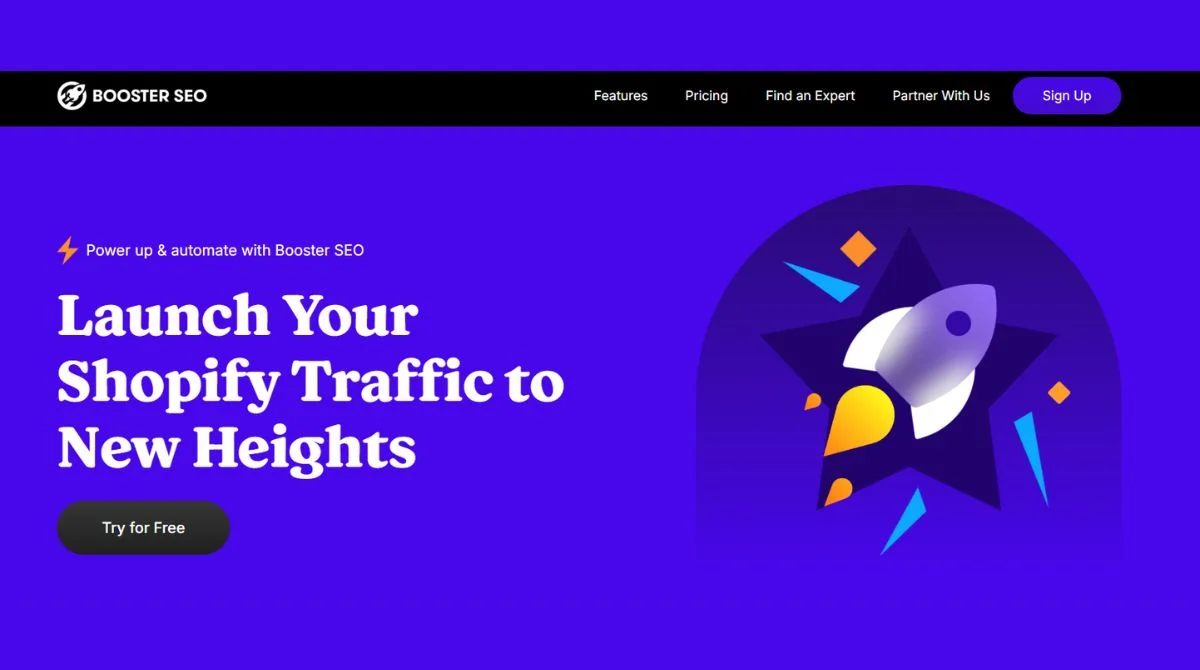
3. Yoast SEO
Yoast brings its proven WordPress SEO expertise to Shopify stores. This app focuses on content optimization and readability improvements.
Key Features:
- Real-time content analysis.
- Readability checks.
- Focus keyword optimization.
- Meta description suggestions.
- Internal linking recommendations.
- XML sitemap generation.
Pricing: Free version available, premium features from $99/year
Why Choose Yoast: The brand’s reputation and proven track record make it a trusted choice. Yoast excels at content optimization and helping store owners create SEO-friendly product descriptions.
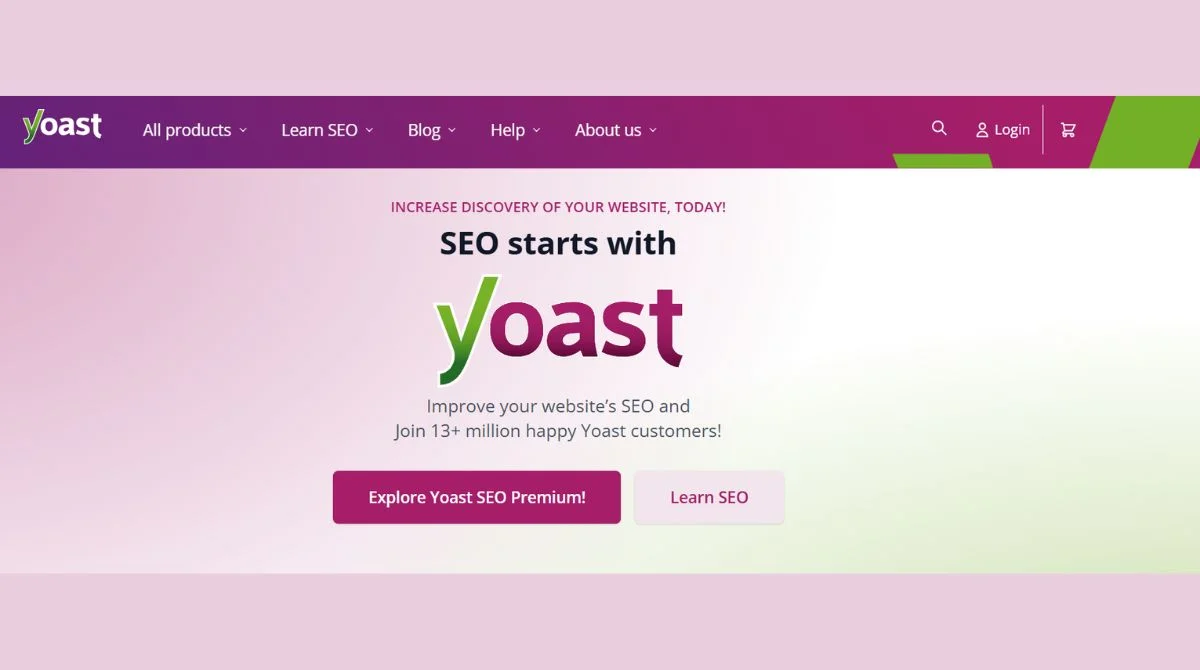
4. AVADA SEO Suite
Avada SEO Suite is a powerful tool for e-commerce that helps boost search rankings and attract organic traffic. Its simple interface and wide range of SEO features make optimization easy for any store owner.
Key Features:
- Smart SEO analysis and reports.
- Broken link detection and page redirection.
- Image alt text optimization.
- Speed optimization tools.
- Schema markup implementation.
- SEO audit capabilities.
Pricing: Free plan available, paid plans from $24.95/month
Why It Works: AVADA offers comprehensive SEO tools in an easy-to-use interface. The app provides detailed reports that help store owners understand their SEO performance.
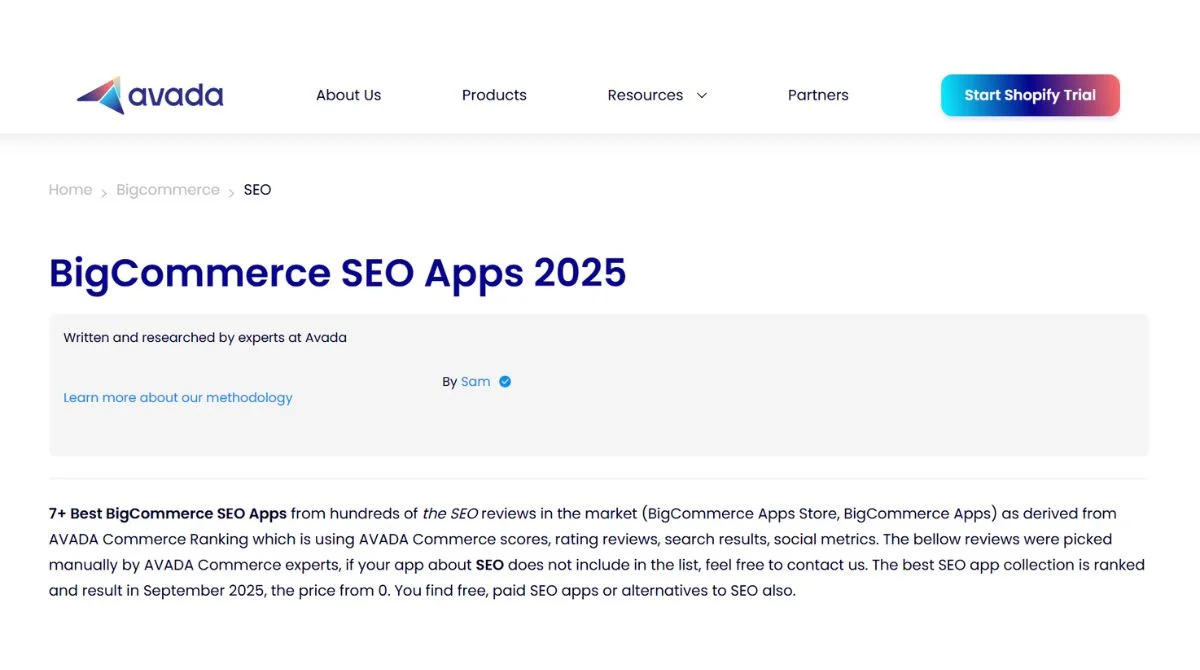
5. SEOAnt – AI SEO & Image Optimizer
Best Shopify SEO app and AI SEO optimizer to audit store, fix issues, improve page speed, and generate SEO-optimized blogs to grow SEO for Shopify store.
Key Features:
- AI-powered SEO auditing.
- Automated issue detection and fixing.
- Page speed optimization.
- SEO blog content generation.
- Image optimization.
- Technical SEO improvements.
Pricing: Free plan available, premium plans from $19.95/month
Why It’s Effective: The AI-driven approach automates complex SEO tasks. Store owners can focus on running their business while the app handles technical optimization.
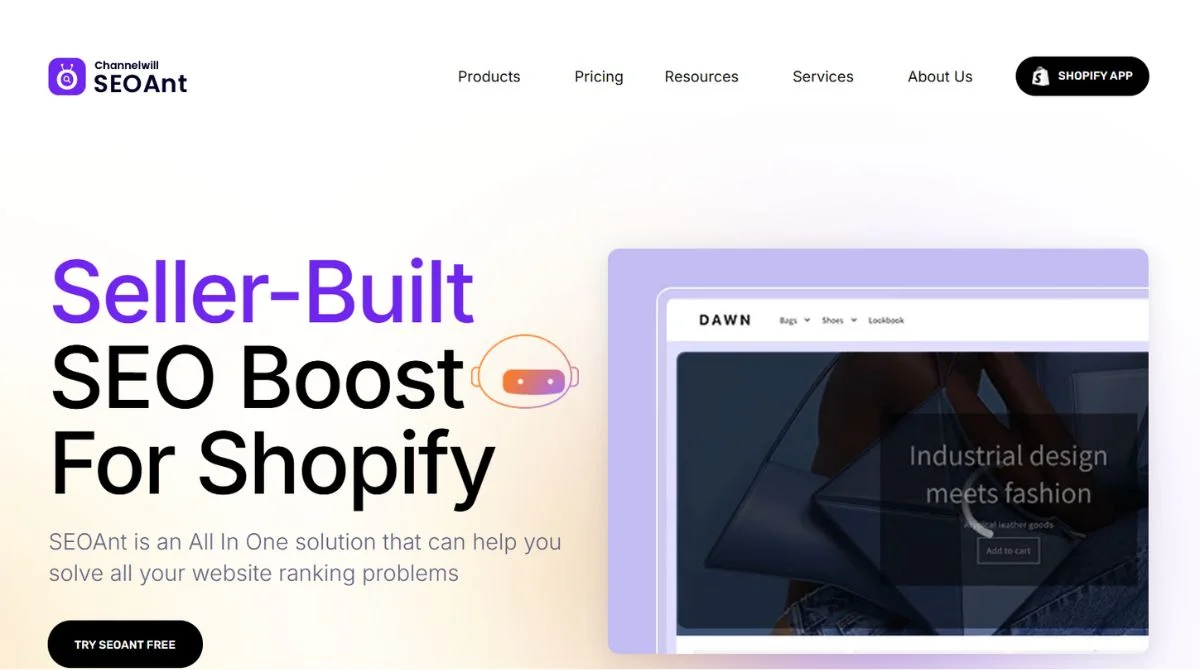
How to Choose the Right SEO App for Your Store?
Consider Your Store Size and Needs
Small stores with under 100 products need basic optimization tools. Focus on apps that handle image optimization, meta tags, and basic technical SEO.
Large stores require comprehensive solutions. Look for apps offering bulk optimization, advanced analytics, and automation features.
Budget Considerations
Free apps work well for starting stores. They provide essential features without monthly costs. However, premium features often deliver better results.
Paid apps offer advanced automation and support. The investment typically pays off through increased organic traffic and sales.
Integration and Ease of Use
Choose apps that integrate seamlessly with your existing tools. Complex setups can delay implementation and create technical issues. User-friendly interfaces reduce the learning curve. Look for apps with clear dashboards and automated features.
Essential SEO Features to Look For
Image Optimization
Product images significantly impact page loading speed and SEO performance. Look for apps that compress images automatically while maintaining quality.
Alt text optimization improves accessibility and helps search engines understand your images. This feature should be automated for efficiency.
Technical SEO
Structured data markup helps search engines understand your products better. This leads to rich snippets in search results.
404 error detection and redirect management prevent broken links from hurting your SEO. Automated monitoring saves time and catches issues quickly.
Page Speed Optimization
Site speed directly affects search rankings and user experience. Apps should offer lazy loading, minification, and caching features. Regular speed monitoring helps identify performance issues before they impact rankings. Look for apps with speed score tracking.
Implementation Best Practices
Start with One App
Installing multiple SEO apps simultaneously can cause conflicts. Begin with one comprehensive app and add others gradually. Test each app’s impact on your site’s performance. Monitor loading speeds and functionality after installation.
Regular Monitoring
SEO requires ongoing attention. Set up regular checks of your store’s SEO performance using your chosen apps. Review SEO scores, fix identified issues promptly, and track improvements over time. Consistent monitoring leads to better results.
Combine Apps Strategically
Different apps excel at different tasks. Combine image optimization apps with content analysis tools for comprehensive coverage. Avoid feature overlap between apps. This prevents conflicts and reduces unnecessary costs.
Common Mistakes to Avoid
Over-Optimization
Using too many keywords or over-optimizing content can hurt rankings. Focus on natural, user-friendly content that provides value. Keyword stuffing in meta tags and descriptions appears spammy to search engines. Maintain natural language flow.
Ignoring Mobile Performance
Most shoppers browse on mobile devices. Ensure your chosen apps optimize for mobile performance and user experience. Test your store’s mobile speed and functionality regularly. Mobile-first indexing makes this crucial for SEO success.
Neglecting Content Quality
SEO apps help with technical aspects, but content quality remains paramount. Create valuable, unique product descriptions and blog content.
Regular content updates signal freshness to search engines. Use apps to optimize content structure, not replace quality writing.
Measuring Success
Key Metrics to Track
Monitor organic traffic growth using Google Analytics. Track keyword rankings for your target terms regularly. Page loading speed improvements should be measurable. Use Google PageSpeed Insights to verify optimization results.
Long-Term Benefits
SEO improvements take time to show results. Expect to see significant changes after 3-6 months of consistent optimization. Increased organic traffic reduces reliance on paid advertising. This improves profit margins and creates sustainable growth.
Future-Proofing Your SEO Strategy
Stay Updated with Algorithm Changes
Search engine algorithms evolve constantly. Choose apps that update their features to match current best practices. Regular app updates ensure compatibility with Shopify changes and new SEO requirements.
Focus on User Experience
Google increasingly prioritizes user experience signals. Choose apps that improve both SEO and customer satisfaction. Fast loading times, mobile responsiveness, and easy navigation benefit both search rankings and conversions.
Frequently Asked Questions
Q1. What is the best free SEO app for Shopify?
TinyIMG offers an excellent free plan with 50 image optimizations monthly. SEO Booster also provides a comprehensive free version with essential features. For starting stores, these free options cover basic optimization needs effectively.
Q2. How many SEO apps should I install on my Shopify store?
Start with one comprehensive SEO app to avoid conflicts. You can add 2-3 specialized apps later, focusing on different areas like image optimization, content analysis, and technical SEO. Too many apps can slow down your store.
Q3. Do SEO apps really improve Shopify store rankings?
Yes, quality SEO apps significantly improve search rankings by automating technical optimizations, fixing SEO issues, and enhancing page speed. However, results depend on proper implementation and consistent use over 3-6 months.
Q4. Which SEO app is best for large Shopify stores?
Large stores benefit most from SEO Booster or SEOAnt due to their AI automation and bulk optimization features. These apps handle thousands of products efficiently and provide comprehensive analytics for tracking performance.
Q5. Can I use multiple SEO apps together safely?
Yes, but choose apps with different specializations to avoid feature conflicts. For example, combine TinyIMG for image optimization with Yoast for content analysis. Always test compatibility and monitor site performance after installing new apps.
Conclusion
The best SEO apps for Shopify combine automation, strong features, and easy use. Tools like SearchPie, TinyIMG, and SEO Booster deliver results for stores of all sizes. Start with one main app, then add specialized tools for schema, search, or content optimization as needed. Apps like Schema Plus help boost visibility with rich snippets showing reviews, prices, and stock. Choosing the right apps and monitoring regularly will improve rankings, traffic, and sales.

